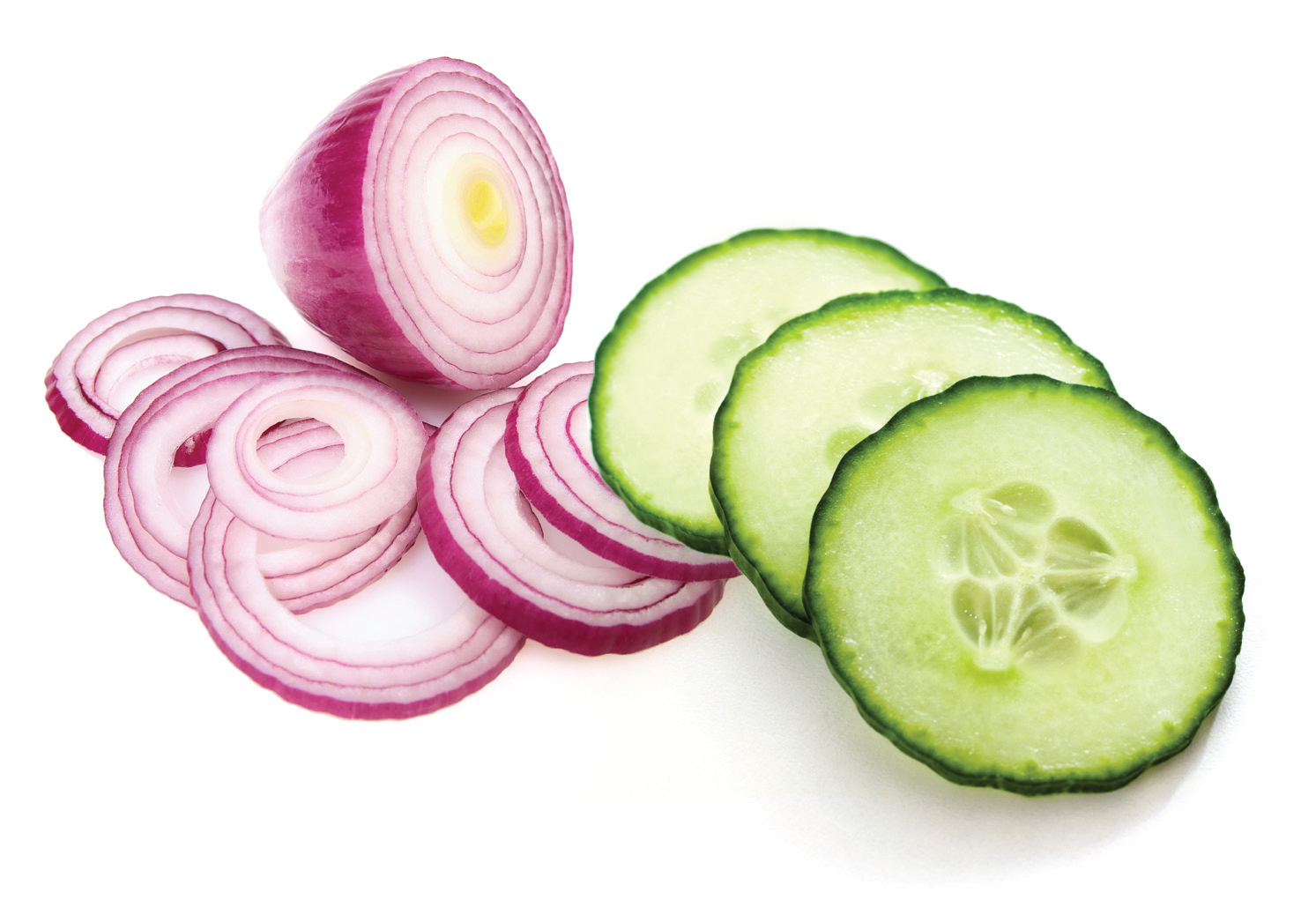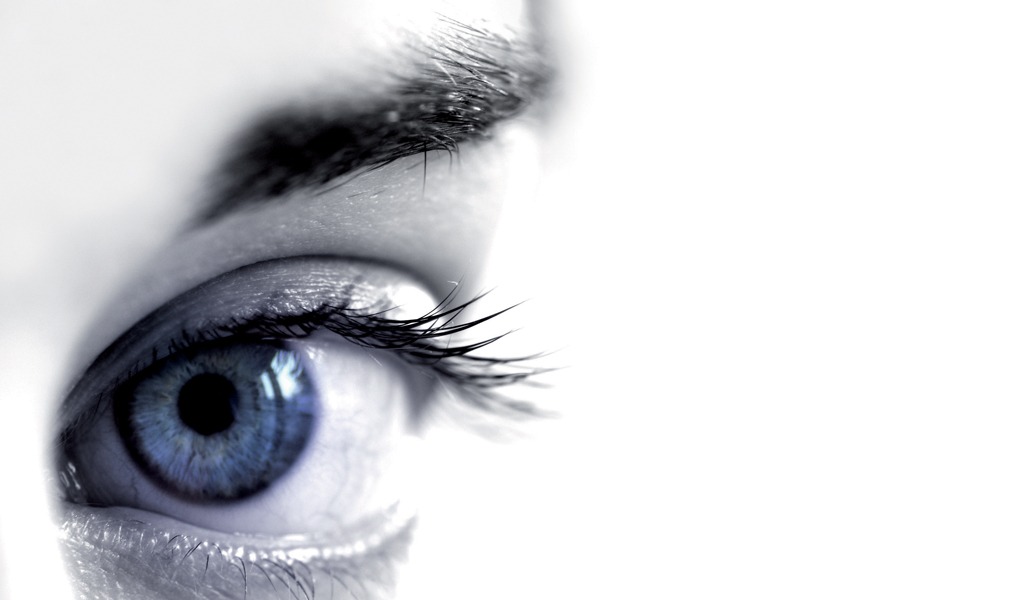Dry eye syndrome is a chronic lack of sufficient lubrication and moisture in the eye. The eye depends on the flow of tears to provide constant moisture and lubrication to maintain vision and comfort. Tears are a combination of water for moisture, oils (lipids) for lubrication, mucus for even spreading, and antibodies and special proteins for resistance to infection. These components are secreted by special glands located around the eye. When there is an imbalance in this tear system, a person may experience dry eyes.
Symptoms of dry eyes include:
Pain, light sensitivity, a gritty sensation, a feeling of a foreign body or sand in the eye, scratching, itching, burning sensation, redness, blurring of vision, tears running as the body’s coping mechanism.
Causes of dry eyes:
In addition to an imbalance in the tear-flow system of the eye, dry eyes can be caused by the drying out of the tear film. This can be due to dry air created by air conditioning, heat, or other environmental conditions. Other conditions that may cause dry eyes are: natural aging process (especially during menopause); side effects of using certain medications such as antihistamines, antihypertensives and birth control pills; diabetes, rheumatoid arthritis and collagen vascular diseases; cigarette smoking and alcohol; structural problems with the eyes that don’t allow them to close properly or a problem with the tear ducts; or long term contact lens wear, amongst other reasons.
Home remedies for dry eyes:
- Blink your eyes many times. At one go, blink at least 30-40 times to lubricate the eye film. The best time though is first thing in the morning or at the time you are working on the computer. The rule goes 20:20:20; this means that after every 20 minutes, blink 20 times or at least for 20 seconds.
- Soak a thick round cotton pad in ghee (clarified butter) and keep it over your eyes the last thing before going to bed in order to cool down and lubricate the eyes. This helps dry and itchy eyes.
- Brew some black tea. Put 2 cotton balls into the warm tea and soak them well. When saturated with tea, place a cotton ball on each eyelid. Leave the tea bags on your eyes for about 5 minutes.
- Make a mixture of the following (1 teaspoon honey + 1 teaspoon properly strained lemon juice + 1 teaspoon white onion juice) and put 2 drops two times a day in each eye. Bottle it and refrigerate it, and be sure not to add or mix with water.
- If the problem is environmental, you should always wear good quality sunglasses when outdoors, to reduce exposure to sun, wind and dust.
- Place a warm washcloth on your closed eyelids for five to ten minutes several times a day to help open the clogged oil glands in the eyelids. Tears are made up of three components: water, oil and mucus. Artificial tears, the kind sold as eye drops in drugstores, can replace the water component of your tears. But those drops don’t replace the oil; only your own eyes can do that. So the warm compress helps your eyes do the work they’re supposed to.
- Mild dehydration may make dry eye problems worse. This is especially true during hot, dry and windy weather. But the symptoms of dry eye syndrome may be improved by simply drinking more water. It is recommended that each day, women need 91 ounces of water and men need about 125 ounces. Experts agree that about 20% of the water your body needs comes from the food you eat, while the rest originates from the fluids you drink. The best choices for beverages are water, 100% fruit and vegetable juices and milk. If possible, get a humidifier for your bedroom or other places where you spend a lot of time.
- Keep cucumber slices or raw potato slices over the eyes to produce a cooling effect and to stimulate lubrication.
- Perform eye exercises by blinking, contracting, rolling, fixing the gaze on any object at eye level, looking in four directions at least once in a day for 5 minutes.

Disclaimer: If you are experiencing any or several of the symptoms, you should talk to your doctor/ophthalmologist about whether you are suffering from dry eyes. You must verify with your physician before applying this article’s suggestions to your individual situation.
 Indu Arora, Ayurveda and Yoga Therapist considers herself a student for lifetime. She has been sharing about Yoga philosophy, Yoga Therapy and Ayurveda since 1999. She is inspired by and taught under Kriya Yoga, Himalayan Yoga, Kashmir Shivaism and Sivananda Yoga lineages. She has studied both Yoga and Ayurveda in a traditional Guru paramapara setting. Her teaching style is rooted in empowering and inspiring students to awaken the inner Guru. Her core philosophy is, ‘Nothing has the greatest power to heal, but Self!” www.yogsadhna.com
Indu Arora, Ayurveda and Yoga Therapist considers herself a student for lifetime. She has been sharing about Yoga philosophy, Yoga Therapy and Ayurveda since 1999. She is inspired by and taught under Kriya Yoga, Himalayan Yoga, Kashmir Shivaism and Sivananda Yoga lineages. She has studied both Yoga and Ayurveda in a traditional Guru paramapara setting. Her teaching style is rooted in empowering and inspiring students to awaken the inner Guru. Her core philosophy is, ‘Nothing has the greatest power to heal, but Self!” www.yogsadhna.com




